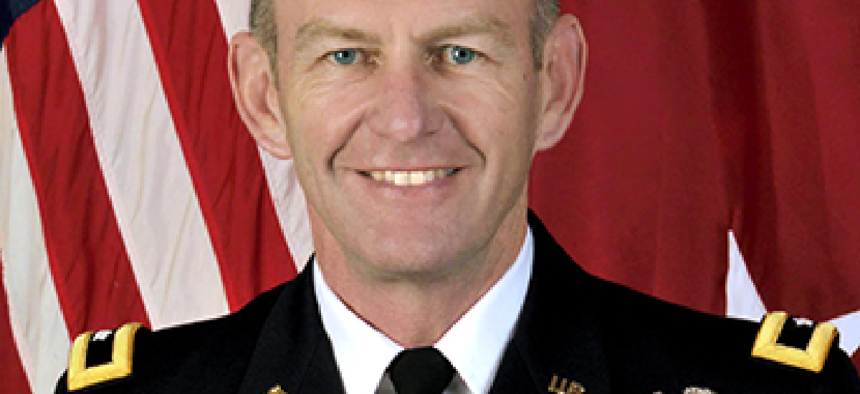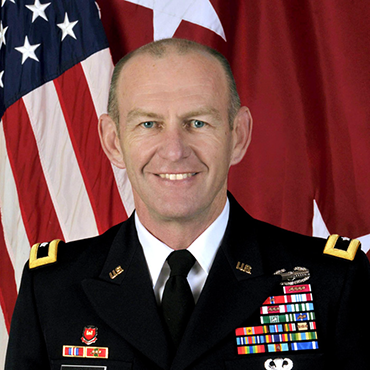Cyber threat challenges military structure

The military's traditional, top-down way of operating is being challenged by the non-diffuse nature of computer networks, says Lt. Gen. Edward Cardon, head of Army Cyber Command.

Lieutenant General Edward C. Cardon suggested rotating private-sector experts into Army Cyber Command for two-year stints.
The diffuse nature of computer networks challenges the U.S. military's traditional, top-down way of operating, said Lt. Gen. Edward Cardon, head of Army Cyber Command. That discrepancy, he added, means the military must be flexible in its organizational approach to cyberspace.
"I had some discussions recently with the senior leadership on maybe the word 'command' in this space is not right," Cardon said Feb. 23 at a New America Foundation conference. "Maybe it's the way that we organize against very specific missions,” he said. Those missions then become the opportunities for leadership, and recruiting finds the "skills and attributes that we need to be able to do that."
The wars in Iraq and Afghanistan have broken down some traditional military hierarchies, he said, adding that that diffusion is an advantage in cyberspace. "Fusion cells" – the small teams of special forces and intelligence officers dispatched to Iraq in 2008 – are one such example that holds relevance for cyber missions, according to Cardon.
The head of Army Cyber Command reflected on different ways to build the cyber forces the Army seeks. The service is working toward a force of 1,100 that will be a combination of civilian and military personnel, and an Army CIO spokesperson has said the service will expand beyond that figure.
Cardon floated the idea of rotating private-sector experts into Army Cyber Command for two-year stints. The Army currently hires cyber staff for "a very specific position, with a very specific, [well-defined] value," Cardon said. "And that's not really what we need in this space."
His outreach to the private sector might not stop there. He is charged with setting up 24 "cyber protection teams" that defend Army networks from intrusions. Those teams are still in the "exploratory stage," he said. Cardon later told reporters that he would like to compare the CPTs to their counterparts in the private sector to look for areas of improvement.
NEXT STORY: NSA's Rogers makes the case for cyber norms


